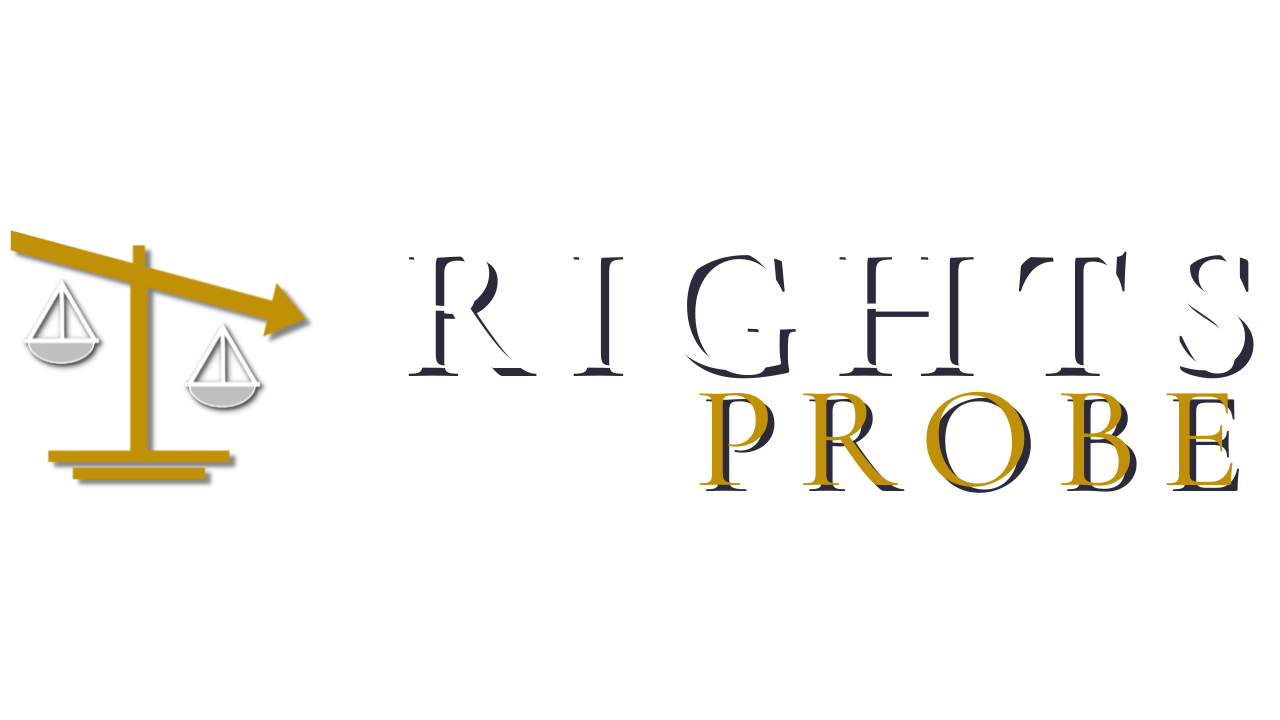How Britain set the stage for Canada’s chilling crackdown on dissent
By Anna Farrow | Published by the Conservative Women’s Organization
In recent years, Britain and Canada have become each other’s object lesson in how shoddy lawcraft can lead to dystopian outcomes. As the Leadbeater bill was being debated in Westminster last November, Canada was the spectre of an out-of-control euthanasia regime that haunted the room. Now, as Canadian legislation is deliberated that allows greater government control, it is the U.K. that has become the negative example of the slippery slope of criminalising speech.
In Brief by Rights Probe
The U.K.’s Conservative Women’s Organization shines a spotlight on two highly controversial pieces of legislation currently making waves in Canada’s Parliament: the “Cyber Security Act” (C-8) and the “Combatting Hate Act” (C-9).
Writer Anna Farrow captures the fierce backlash from Canadian MPs and civil liberties advocates, noting that the U.K. serves as a cautionary tale of what Canada may face.
Drawing on powerful testimonies from law professors Bruce Pardy and Ryan Alford before the Standing Committee on Justice and Human Rights, Farrow reveals their grave concerns that C-9 could steer Canada down a perilous path similar to Britain’s, where a staggering 12,000 arrests for vaguely defined “offensive” social media posts occurred in 2023.
Farrow highlights Pardy’s alarming assertion that these proposed laws could grant officials sweeping discretion to determine what constitutes a threat, creating a chilling atmosphere for free expression.
She notes Pardy’s argument that the “fear” referenced in C-9 does not solely pertain to imminent violence. Pointing to his example of the Trucker Convoy, Farrow highlights the professor’s warning that dissenting ideologies could provoke a new kind of fear, one that threatens free expression and challenges previously accepted legal norms.
Amidst this backdrop, the reintroduction of NDP MP Leah Gazan’s private member’s bill to criminalize “residential school denialism” and a previous proposal to jail Canadians for promoting fossil fuels, further underscores the chilling implications of bills C-8 and C-9, writes Farrow.
These developments, she says, pose serious risks to academic freedom, journalistic integrity, and the fundamental rights of assembly and expression in Canada—with the U.K. serving as a stark reminder of what could happen if C-8 and C-9 are passed unchecked.
Read Anna Farrow’s commentary in full at the publisher’s website here.
